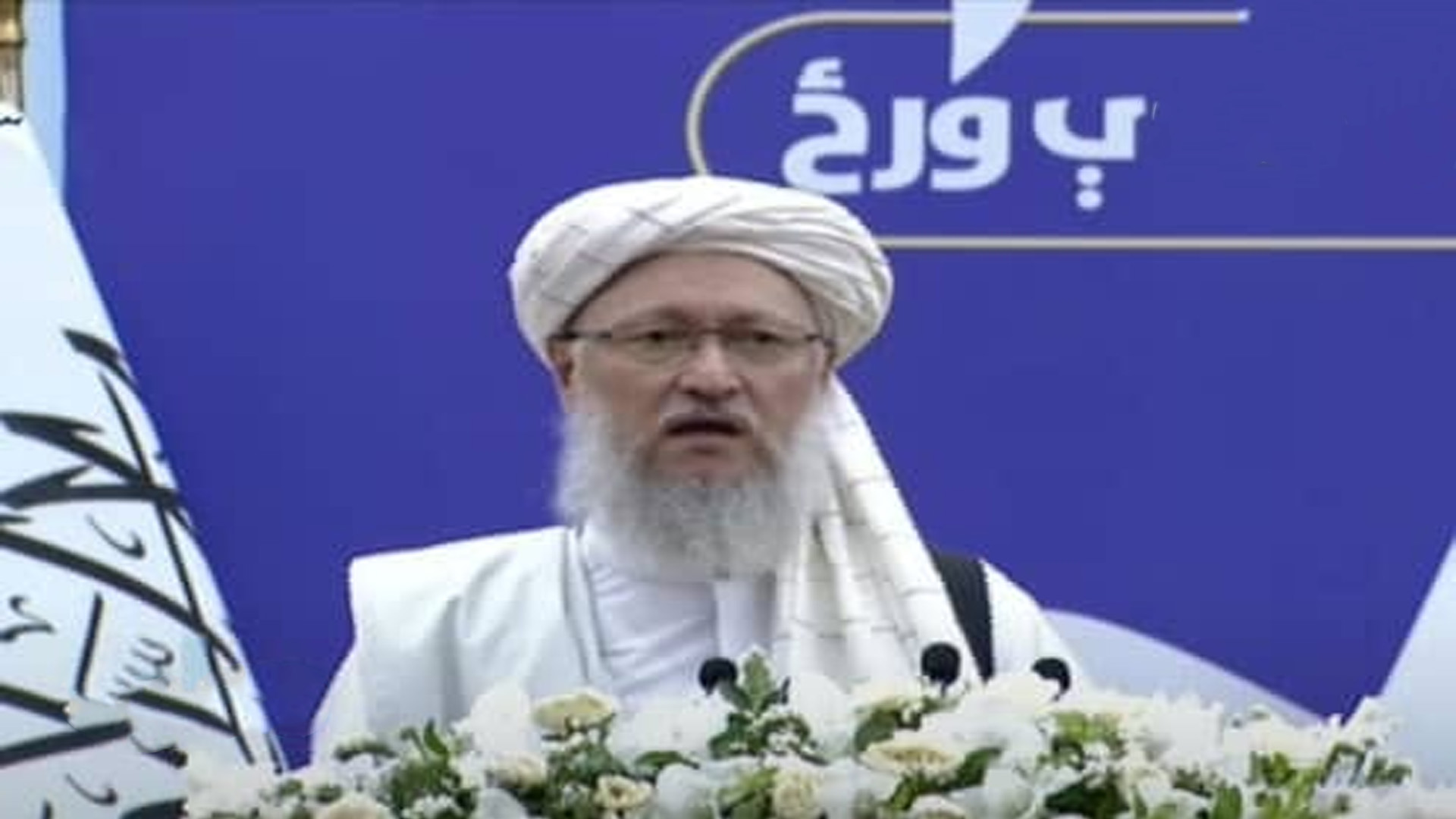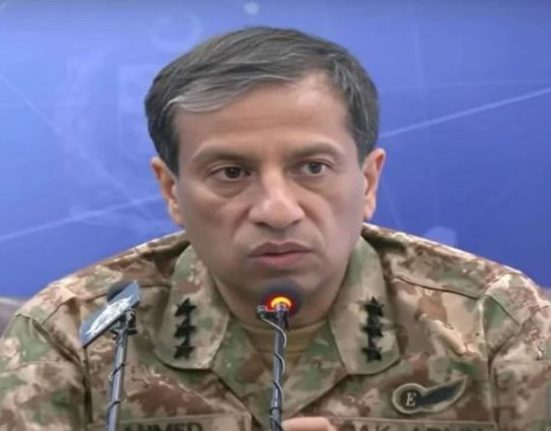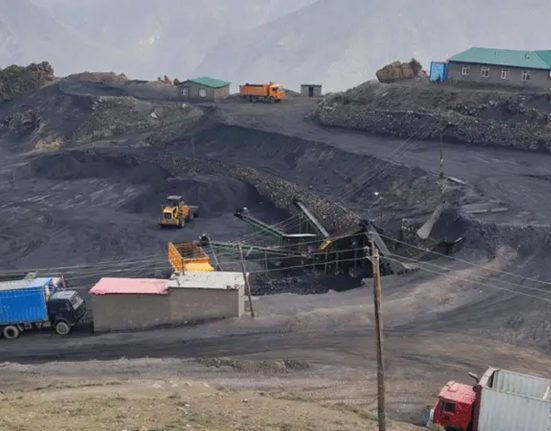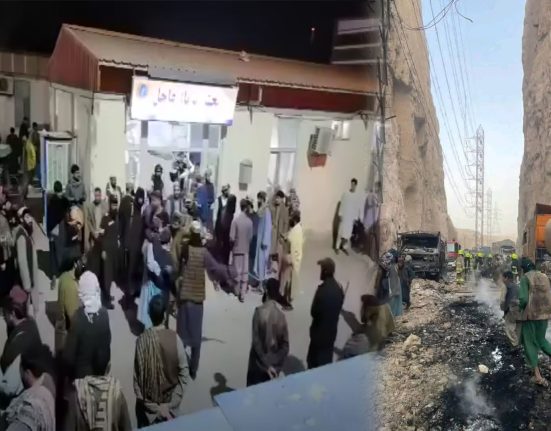
Hanafi: The Islamic Emirate is committed to ensuring the rights of all citizens.
Maulvi Abdul Salam Hanafi, the administrative deputy of the Prime Minister of the Islamic Emirate, has reflected the Taliban’s efforts to present a positive image of its sovereignty in his latest statements.
He emphasized that the Islamic Emirate is committed to ensuring the rights of all citizens and that no one is allowed to use Afghan soil against other countries.
These words come at a time when four years of Taliban rule have been accompanied by extensive restrictions on women, repression of opponents, and a significant reduction in civil liberties, and many observers consider the claim of respecting citizens’ rights to be a denial of the current realities in the country.
Hanafi also pointed to the government’s efforts to create an economy based on domestic production and said that the Islamic Emirate wants to transform Afghanistan into an “economically oriented and productive” country.
However, analysts say that without structural reforms, lifting international isolation, and the return of capital and technology to the country, these goals will not be realized in practice.
The banking crisis, restrictions on foreign trade, and the lack of specialized human resources are major challenges that have seriously hindered the realization of the Taliban’s economic program.
In another part of his speech, Maulvi Hanafi referred to the Taliban’s foreign policy and said that this government seeks relations based on mutual respect and common interests with other countries and does not interfere in foreign affairs.
This position is expressed while the Taliban has so far been recognized only by Russia and most countries have accepted representatives of this group only for limited and operational interaction. For this reason, the Taliban’s attempt to present an image of a government committed to diplomatic principles is more of a propaganda aspect than a practical reality in the international arena.
Overall, these words are part of the Taliban’s strategy for domestic and international legitimacy.
While it is claimed that citizens’ rights are ensured and the country’s economy relies on domestic production, the reality on the ground indicates severe restrictions on freedoms, pressure on women, the collapse of independent media, and an economic crisis.
The clear message from analysts is that without fundamental changes in domestic and foreign policy, the Taliban’s promises will remain mere slogans, and the gap between action and claims will further weaken the legitimacy of this government in the eyes of the people and the international community.







